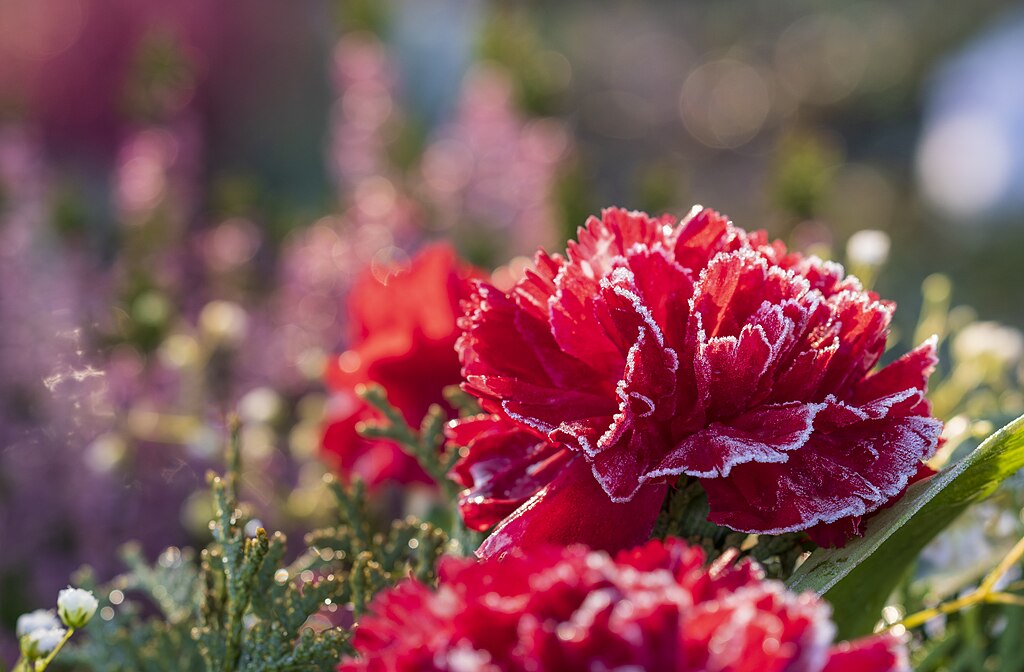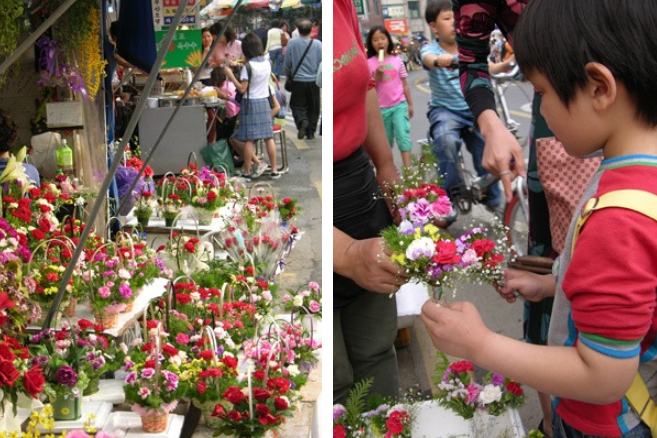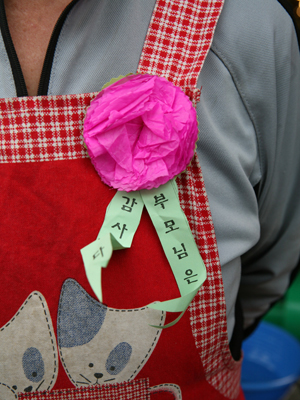In Korea, May 8th is a special day that touches the hearts of families across the country. It’s called Parents’ Day, or 어버이날 (Eobeoinal) in Korean. Unlike many countries that celebrate Mother’s Day and Father’s Day separately, Korea honors both parents on the same day. This reflects a deeply rooted cultural value known as 효 (hyo)—filial piety—the idea of showing deep respect and gratitude to one’s parents.
When I first learned about it, I wondered why both parents are celebrated on one day. But that’s exactly what makes it meaningful. It’s not about splitting appreciation—it’s about recognizing love and sacrifice as a whole. It’s simple, but powerful.
The history of Parents’ Day in Korea goes back to the 1950s. Originally, it was celebrated as Mother’s Day, influenced by Western traditions. However, in 1973, the Korean government officially changed it to Parents’ Day, recognizing the equal roles both mother and father play in raising children. This shift highlights Korea’s strong family-centered values, where the love, labor, and sacrifices of both parents are honored equally.
One of the most iconic symbols of Parents’ Day in Korea is the red carnation. Streets are filled with them, and children often pin these flowers to their parents’ shirts. But have you ever wondered where this tradition came from?

The idea of using carnations actually originated in the United States. In 1908, an American woman honored her late mother by distributing white carnations at a church. The tradition grew—red carnations were given to living mothers, and white ones placed on graves. In 1934, the U.S. even issued a Mother’s Day postage stamp featuring a woman looking at a vase of carnations.
In Korea today, red carnations symbolize love and respect, and are the most commonly given. Pink carnations express deep affection, while white carnations are used to remember deceased parents. These small flowers carry great meaning, especially in a culture where emotional expressions aren’t always verbal. That’s why something as simple as a flower or handwritten letter can mean everything.

The ways Koreans celebrate Parents’ Day are filled with warmth and thoughtfulness. Schoolchildren make handmade carnation pins and write heartfelt cards saying things like, “Thank you for raising me,” or “I love you, Mom and Dad.”
In many homes, teenagers and adults also present carnations or small gifts—some give money or health supplements, but often, just spending time together is considered the most valuable gift.

Performances and ceremonies are held at schools, where students sing songs about parents and share messages of thanks. In nursing homes, volunteers host quiet but emotional events, giving carnations to elderly parents who may live away from their families.
Surrounding this day, Korea observes “Elderly Respect Week,” where people visit senior centers, hold traditional games, and enjoy Korean music performances. Some communities even organize writing contests for homemakers and the elderly to encourage reflection and appreciation across generations.
Many families gather around a table, enjoying homemade dishes like bulgogi, japchae, or jeon. It’s not about grand celebrations—it’s about small, sincere acts of gratitude. Parents’ Day in Korea isn’t flashy or commercialized. It’s about quiet gratitude—a moment to pause and reflect on the people who gave us everything, even when they had little. It’s about the silent sacrifices, the late-night worries, the warm meals, and the unspoken love that parents give.
How about this article?
- Like7
- Support0
- Amazing0
- Sad0
- Curious0
- Insightful1


